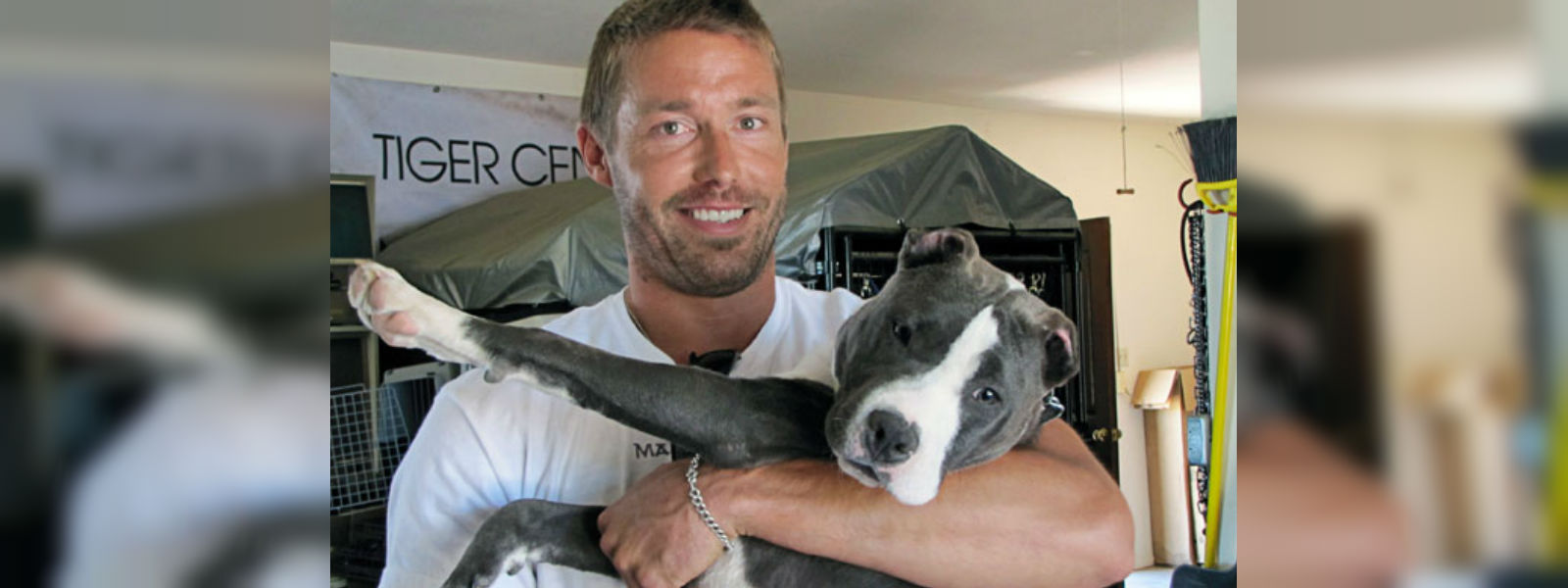.webp)

"Furry medicine"-recovered addict's rescue dogs bring healing to young inmates
Reuters - Zach Skow is on a mission. Fueled by a passion for animals and a history of overcoming immense obstacles, the dog rescue centre owner wants to save unwanted pets from euthanasia and send them to live with prisoners.
His 'Pawsitive Change' program operates in five California prisons, including Kern County's Juvenile Hall, where five teenage girls look after two dogs full time for three months.
Skow's aim is rehabilitation -- for the inmates and the fostered dogs.
"Prison programs are not only taking on dogs but taking on difficult dogs that we'd have a very tough time placing otherwise," he said. The dogs graduate the Juvenile Hall program with a 'Canine Good Citizen' certificate, showing they have been trained and are ready for adoption.
For the prisoners, Skow says the dogs are 'furry pieces of medicine'. It's the medicine he has had a taste of himself.
In 2008, doctors told Skow he had end-stage liver disease and gave him three months to live. At 28-years old, his drug and alcohol addiction making him unsuitable for a life-saving liver transplant, he was sent home to await the inevitable.
His three dogs, he says, saved his life.
"I recognized that if I couldn't live for myself, I was going to try and live for them," he said.
Skow got sober, started exercising and founded Marley's Mutts rescue center, taking in what he calls 'throwaway dogs' nobody else wanted to adopt.
"I've always felt like a throwaway human. And so I've identified with with dogs who feel like who feel like throwaways," he said, cradling a 17-year-old chihuahua with a facial growth and a 'nipping' issue.
Eleven years on from his diagnosis, Skow no longer has liver cirrhosis, a recovery he calls 'virtually unheard of,' and is married with a one-year-old daughter.
As for the graduates of his prison programs, he says many have gone on to work in the pet services industry after release and none have gone back to prison.
"In the United States of America, we still roughly euthanize two million shelter pets a year and we incarcerate two and a half million Americans. So until both of those problems have been fixed I think we should have dog programs in absolutely every correctional facility in the United States if not on planet Earth," he said.
Other Articles
Featured News





.png )
-798327_550x300.jpg)










-797273_550x300.jpg)

















.gif)